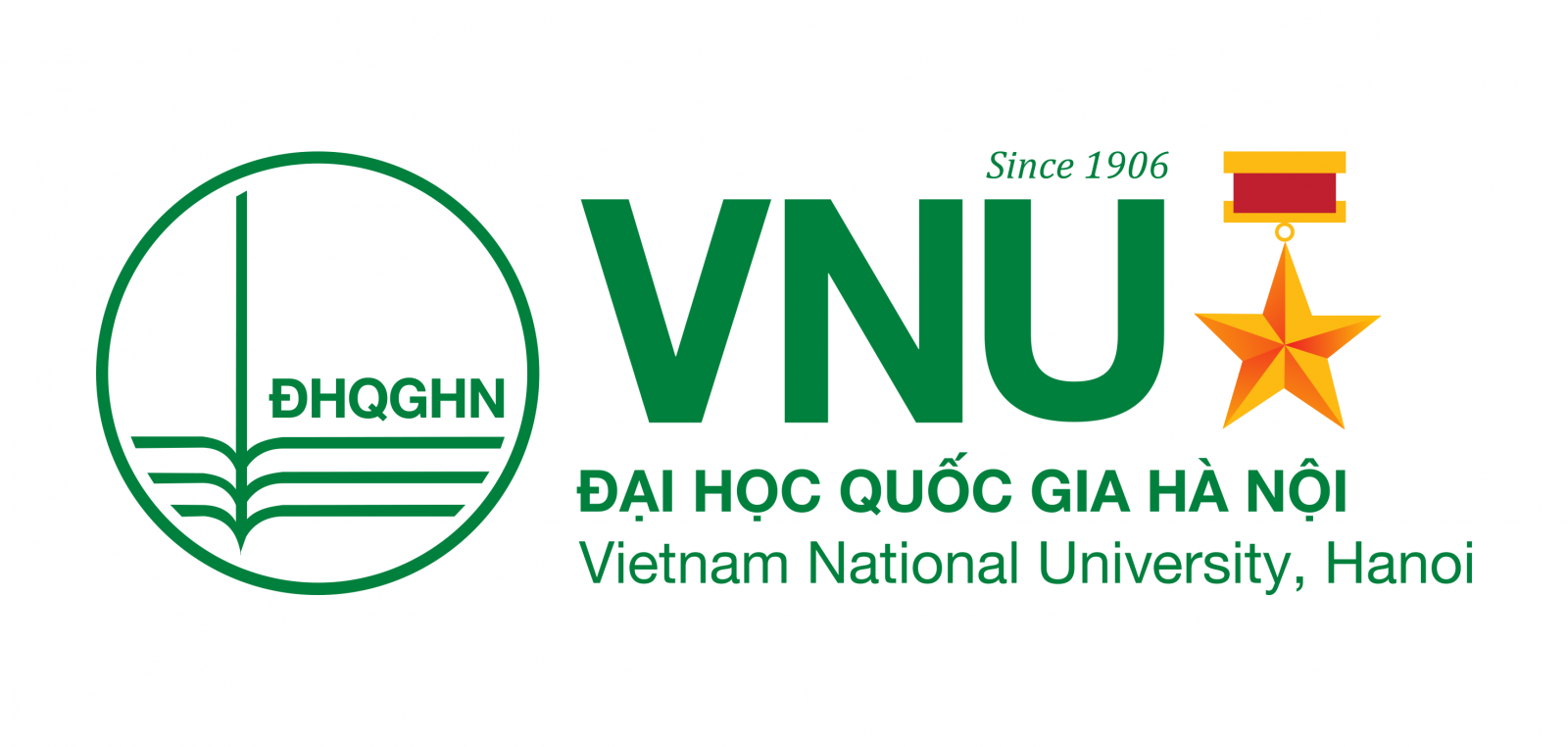
Mai Trong Nhuan
Biography
Throughout his career, Professor Nhuan has held several key leadership positions, including serving as the President of Vietnam National University, Hanoi (VNU), one of the country's most prestigious academic institutions. His leadership in scientific organizations and research initiatives has played a crucial role in shaping national and regional environmental policies, particularly concerning climate change mitigation and sustainable development. His efforts in risk reduction for natural disasters have made a lasting impact on both Vietnamese and international environmental practices.
A key area of Professor Nhuan's research has been climate change adaptation, with a particular focus on developing resilience strategies for vulnerable regions like the Mekong Delta. He has contributed extensively to studies on water resource management, sustainable agricultural practices, and protecting local communities from the adverse effects of rising sea levels and flooding. His work in this field has resulted in numerous publications, making him a respected voice in the scientific community.
Internationally, Professor Nhuan is recognized for his contributions to discussions on global climate change and sustainable development. He has collaborated with various international organizations and institutions, helping to shape environmental policies and resilience strategies worldwide. His expertise and leadership make him valuable in the ongoing effort to address the global climate crisis.
In the face of increasingly severe global challenges such as climate change, resource depletion, and environmental degradation, green transformation has become a pivotal global strategy to promote sustainable growth, reduce greenhouse gas emissions, and protect planetary ecosystems. From a long-term perspective, many countries have identified green transformation as an environmental necessity and a catalyst for shifting economic growth models, improving quality of life, and enhancing national competitiveness.
Within this transition, public policy plays a central role as both a regulatory instrument and a driver of systemic change. Simultaneously, practical experiences across sectors and countries serve as valuable references for developing nations like Vietnam to learn from, adapt, and tailor solutions to local conditions. However, Vietnam’s experience shows a persistent gap between policy formulation and on-the-ground implementation. This calls for more in-depth scientific inquiry to refine institutional frameworks, strengthen inter-sectoral coordination, and enhance stakeholder engagement.
Session 1 of the International Conference “Green Transformation in the Context of Global Change 2024,” hosted by the School of Interdisciplinary Sciences and Arts, Vietnam National University, Hanoi, centers on “Policy, Governance, and Experience in Green Transformation.” The session aims to analyze core policy pillars, share exemplary implementation models, and identify critical success factors that underpin effective transformation. The discussion spans diverse sectors such as green manufacturing in the chemical and agricultural industries, utility-scale solar power development, green belt and low-carbon urban planning, and sustainable port governance. Through sector-specific case studies, participating scholars and experts highlighted Vietnam’s strong commitment to achieving carbon neutrality by 2050 while underscoring the persistent challenges in policy enforcement and resource mobilization.
Accordingly, this section is the foundation for an academic forum in which scientists, policymakers, and business leaders converge to exchange perspectives, critique policy mechanisms, and propose innovative approaches. The overarching goal is to bridge the gap between theoretical constructs and practical execution, between strategy design and policy outcomes. Furthermore, the discussion contributes to shaping future interdisciplinary research agendas in green policy science, such as ex-ante and ex-post policy impact assessment, adaptive institutional design, and evidence-based policymaking in the global context of sustainable development.


